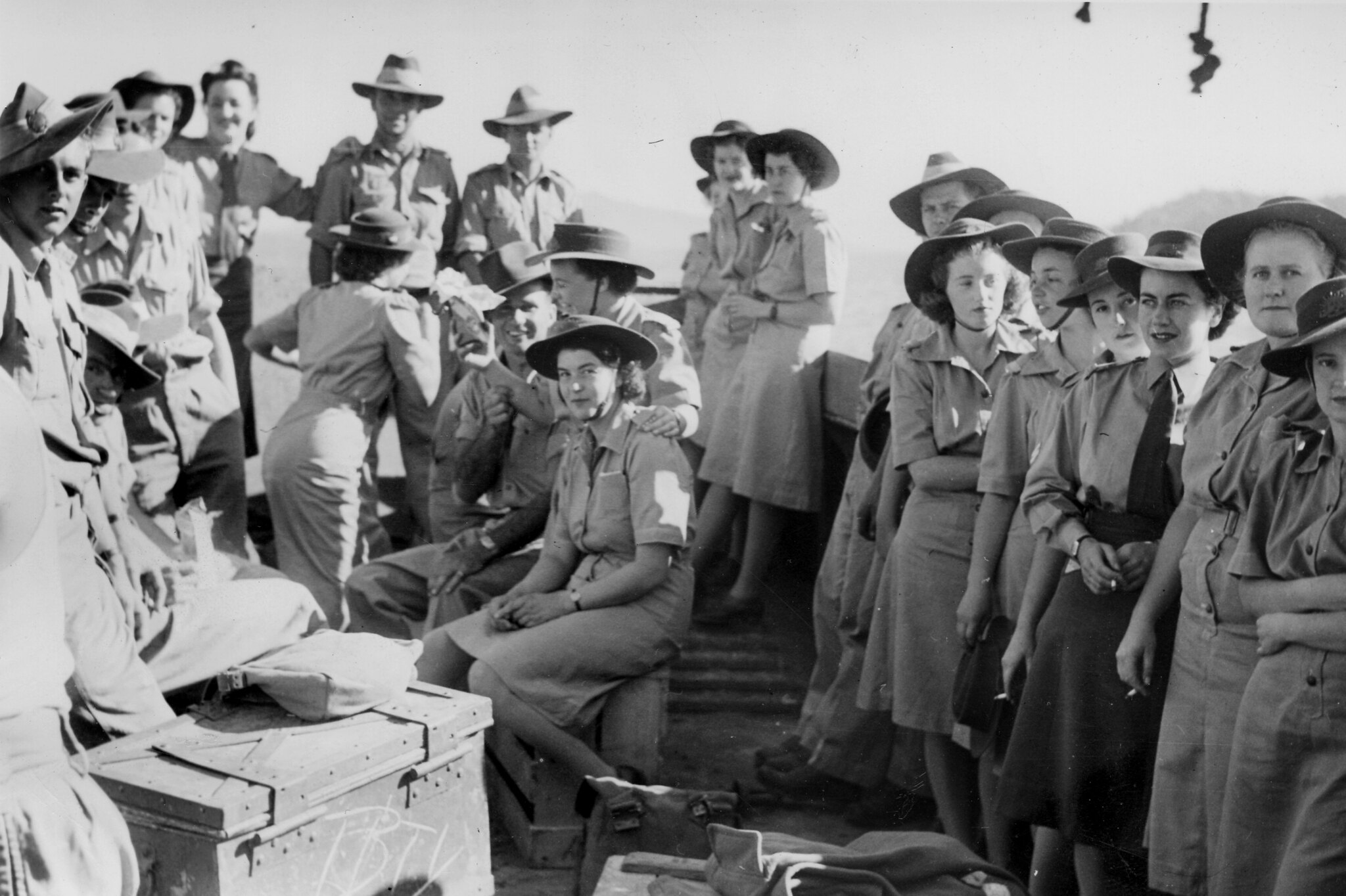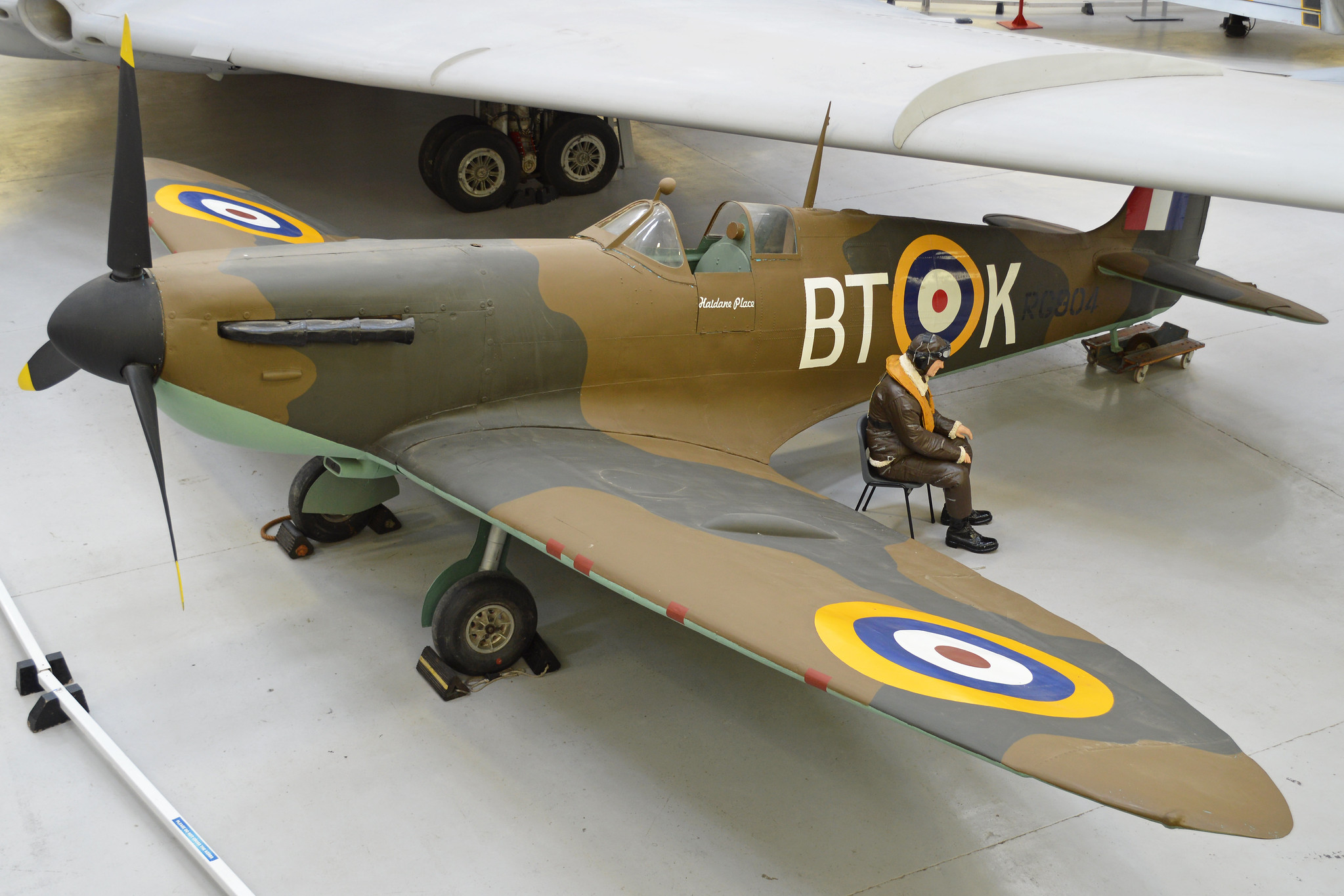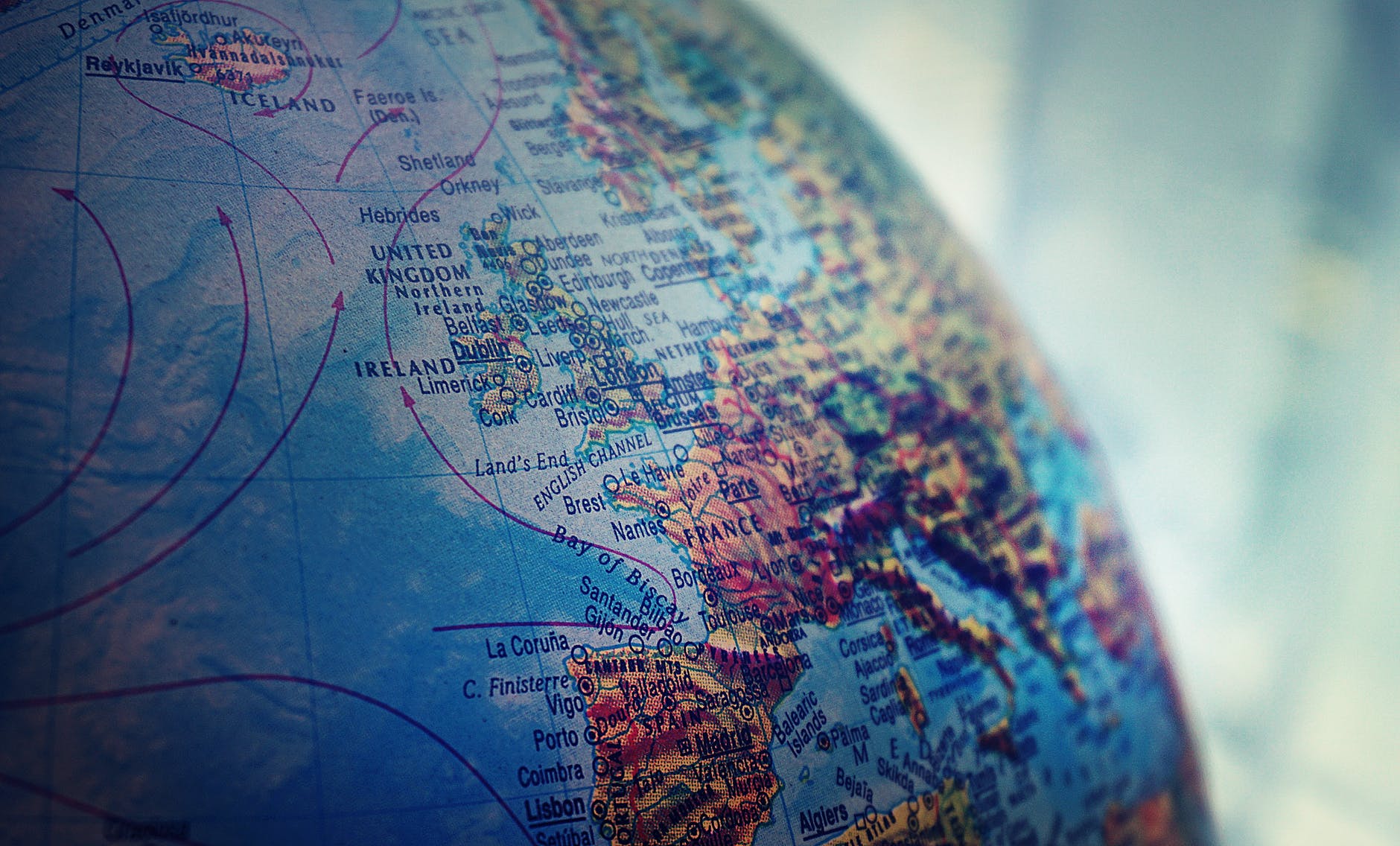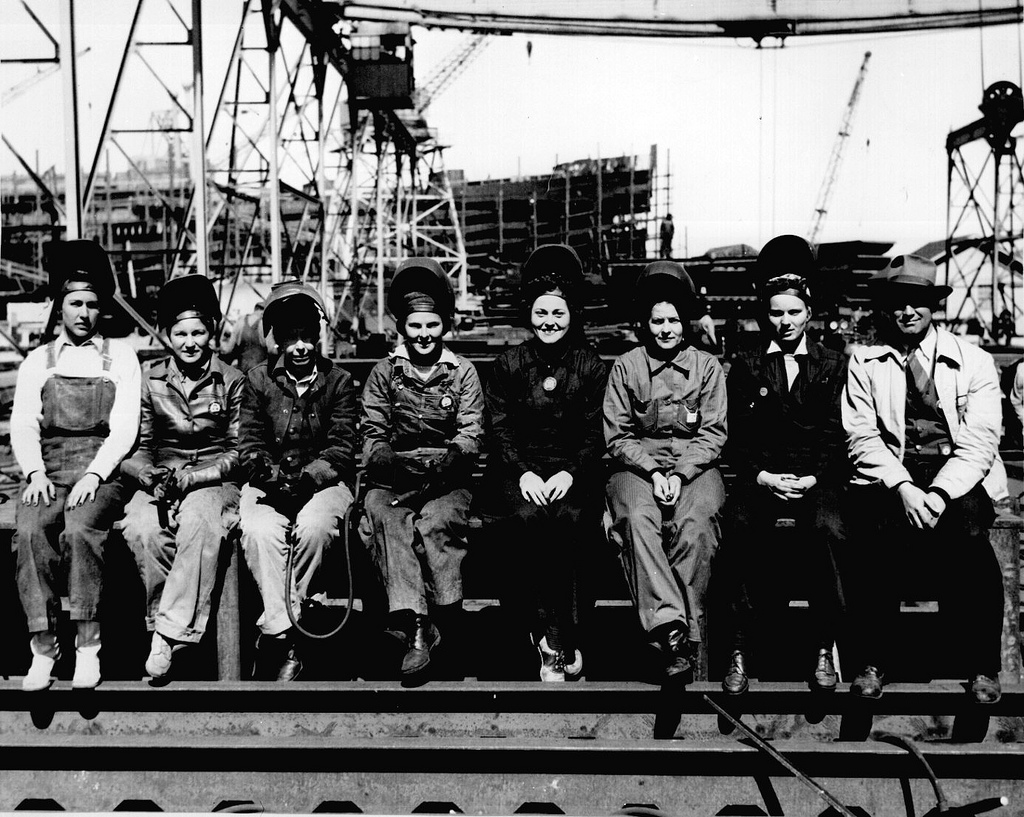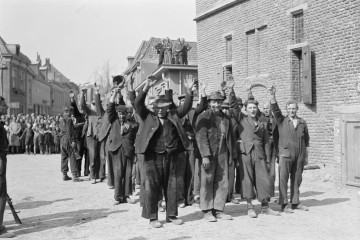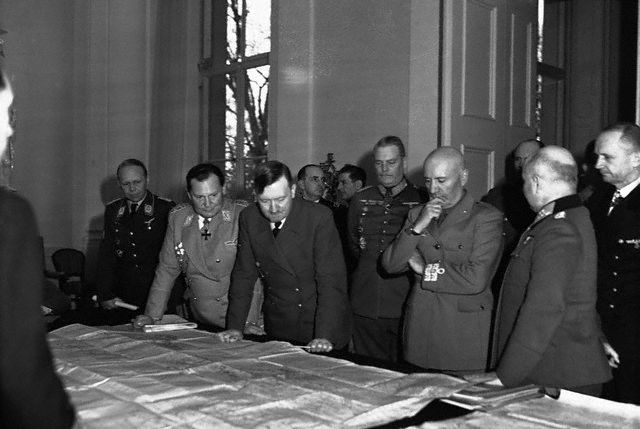Two-day interdisciplinary symposium – 12/13 September 2019
University of Kent
In conjunction with Special Collections and Archive, home to the British Cartoon Archive
In wartime, as circumstances become increasingly bleak with military losses and civilian deaths mounting, something very distinctive happens to humour. There is an evident demand for an opportunity to laugh: a release from the increased working hours, the separation from loved ones, the dual burdens of work and maintaining a household, the fear of sustaining battle wounds and death. Indeed, war and comedy are intimately connected. In the Second World War, variety shows which included comedy sketches and humorous songs performed for servicemen provided an essential means of respite from both the boredom and the horror of battle, while home front popular culture, in the form of radio programmes, feature films, documentary films, newsreels, cartoons and songs, parodied the conflict and were crucial morale-boosters as the war evolved into a protracted struggle. But it was more than just a coping strategy and a form of escapism; it was also a key element of ‘Britishness’. As Sonya Rose asserts, humour served to define British national character, much of which was constructed in opposition to the humourless Nazis. And of course since 1945, the Second World War has sparked the imagination of scriptwriters. Unlike the First World War, the cultural memory of the later war is replete with stories about the conflict that use humour as a device.

